Understanding Hard Water: Causes and Effects

What is Hard Water?
Hard water is water that contains high levels of dissolved minerals, primarily calcium and magnesium. These minerals are picked up by water as it percolates through limestone, chalk, or gypsum deposits in the ground. The hardness of water is measured in parts per million (ppm) or milligrams per litre (mg/L), with water above 121 mg/L considered hard.
How Hard Water Forms
As rainwater seeps into the ground, it passes through layers of soil and rock, dissolving small amounts of naturally occurring minerals. The longer the water remains underground, the more minerals it can dissolve and carry. This mineral-laden water eventually makes its way into our rivers, reservoirs, and ultimately our taps, resulting in hard water.
Common Sources of Hard Water
Hard water is prevalent in areas with significant deposits of limestone and chalk, such as parts of the UK, including Kent, Surrey, and London. Groundwater sources, such as wells and aquifers, are also common sources of hard water due to their prolonged contact with mineral-rich rocks.
Impacts of Hard Water on Daily Life
Household Appliances
- Hard water can have a detrimental effect on household appliances. The minerals in hard water can build up inside appliances such as washing machines, dishwashers, and kettles, forming limescale deposits. These deposits can reduce the efficiency of appliances, leading to higher energy consumption and the need for more frequent maintenance or replacement. For instance, limescale buildup in a kettle can lead to longer boiling times and increased electricity use. While limescale caused by hard water cannot always be prevented, it can be reduced by using specially made limescale remover.
Plumbing Systems
Cleaning and Laundry
Personal Care
Managing Hard Water
While hard water is not harmful to health, managing its effects is essential for maintaining household efficiency and comfort. One effective solution is the use of magnetic descaler, which can help prevent the buildup of limescale in appliances and plumbing systems. Additionally, regular use of descaling products can prolong the lifespan of household appliances and improve their performance.
In conclusion, understanding the causes and effects of hard water is crucial for mitigating its impact on daily life. By being aware of the signs of hard water and taking proactive measures, homeowners can protect their appliances, plumbing systems, and personal wellbeing from the challenges posed by hard water.

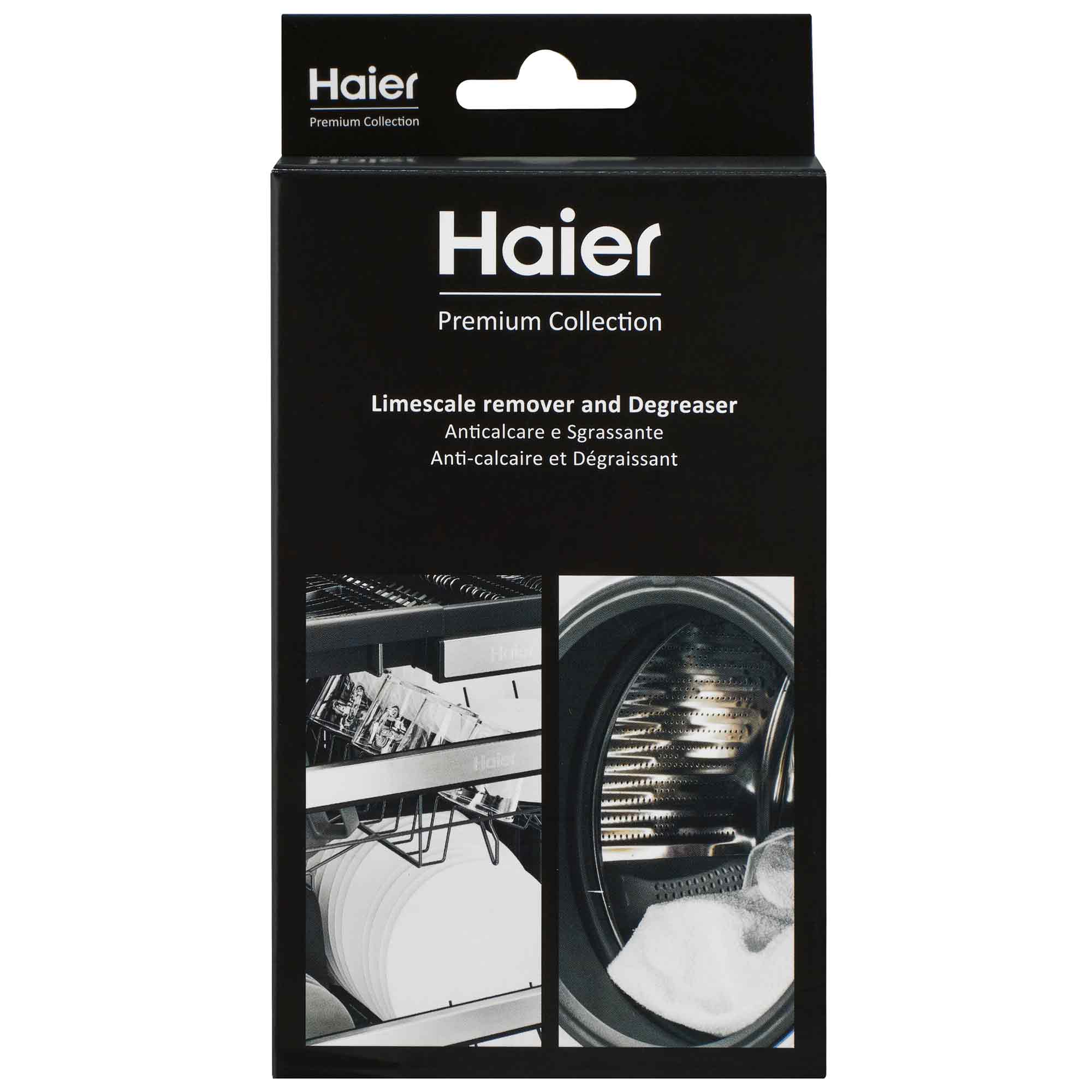
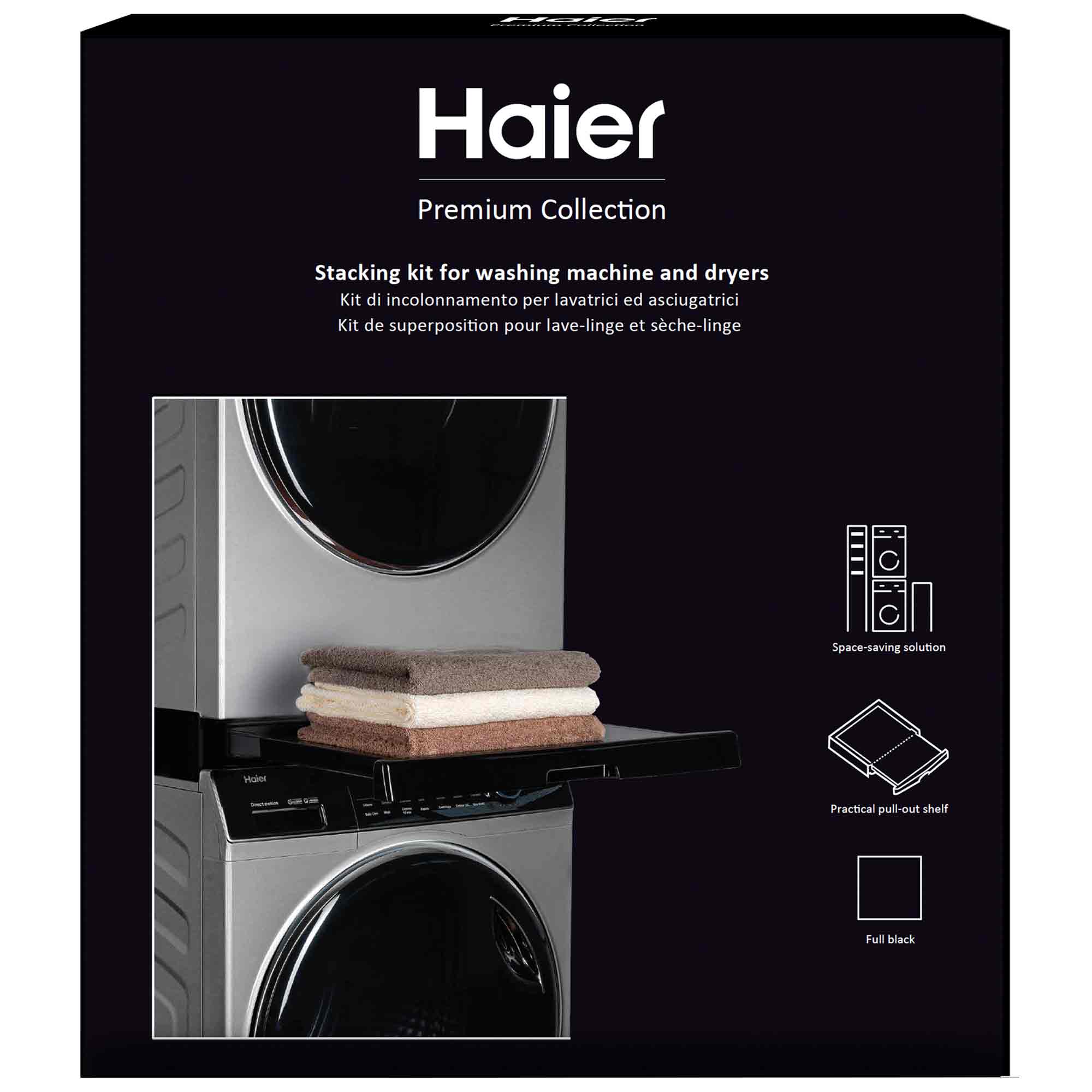
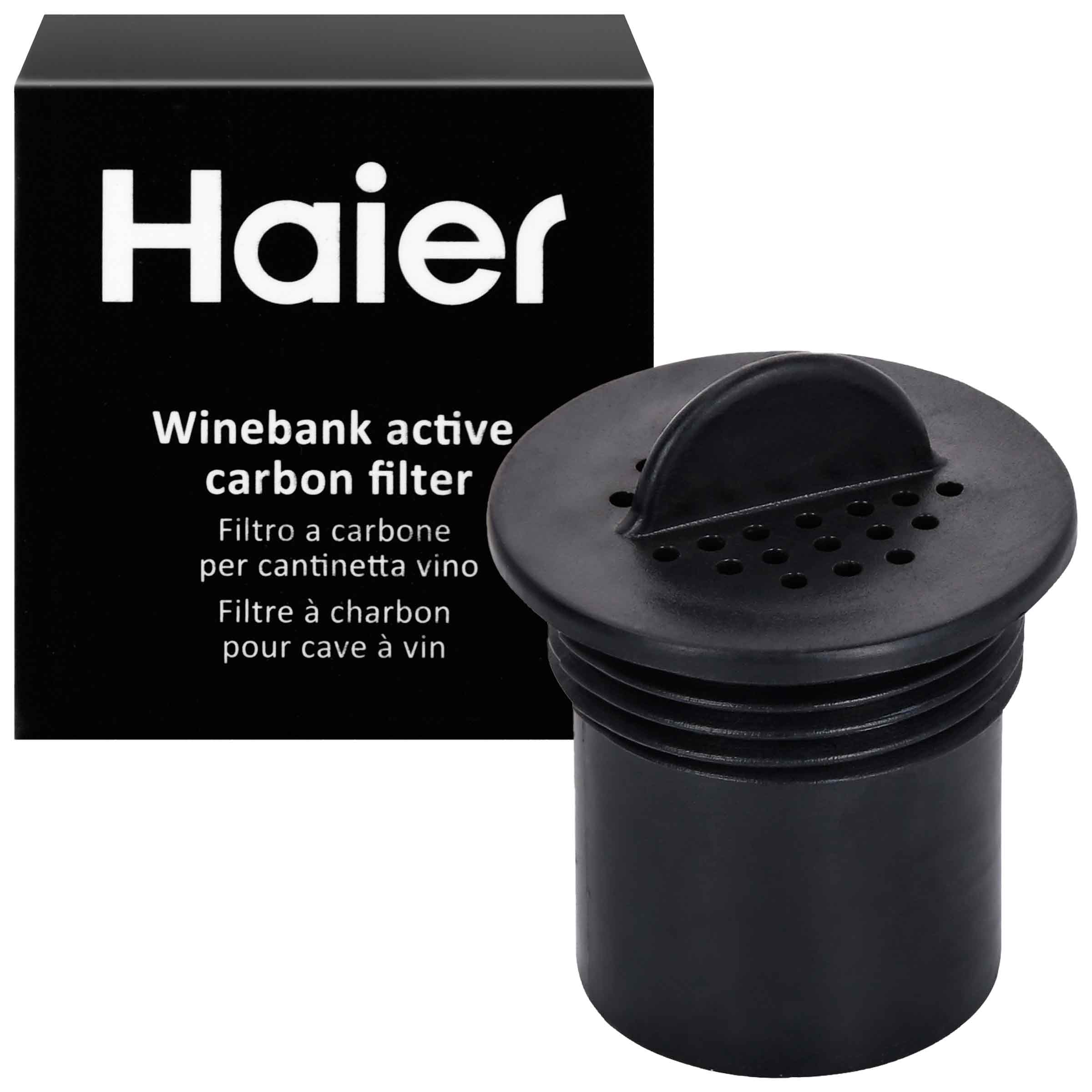

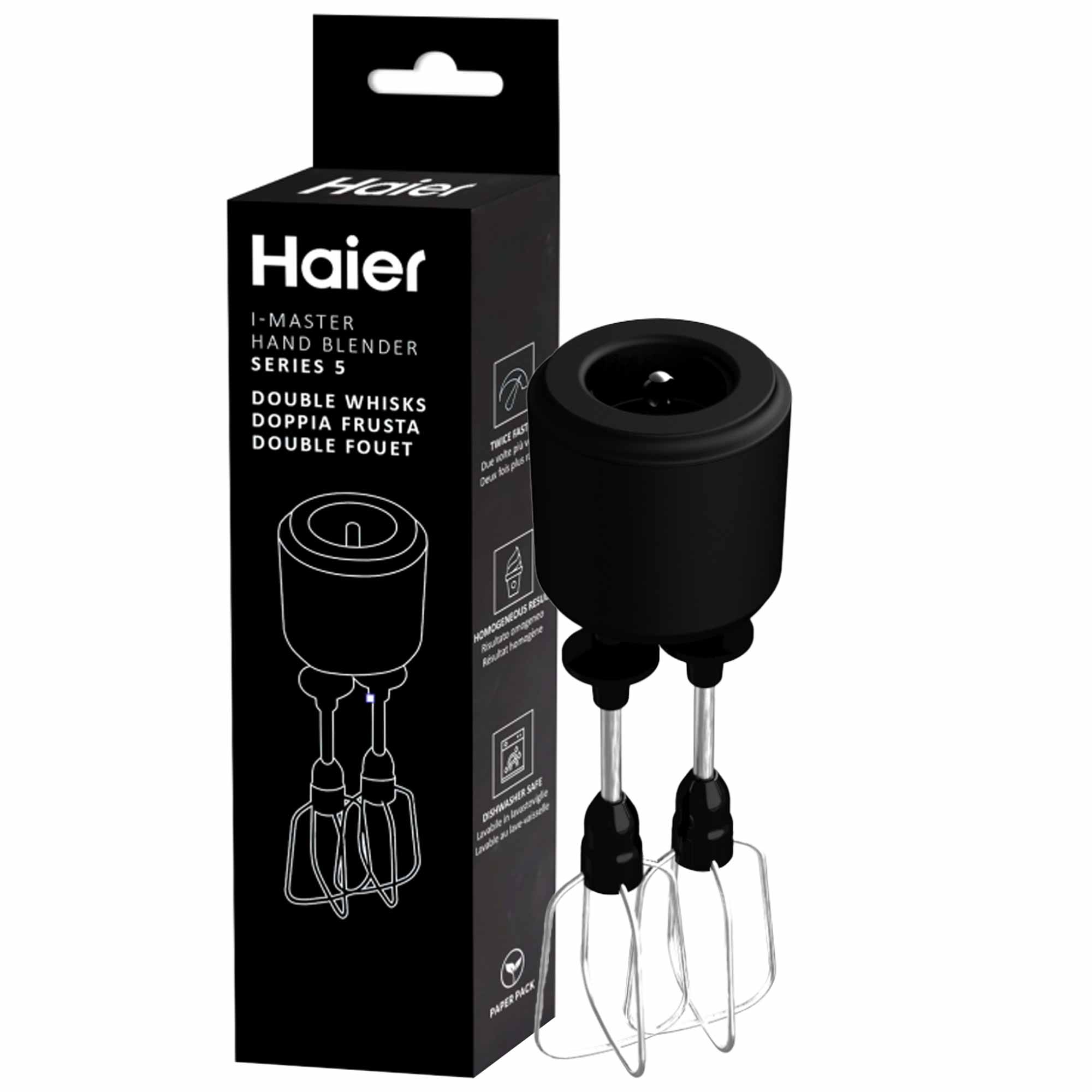
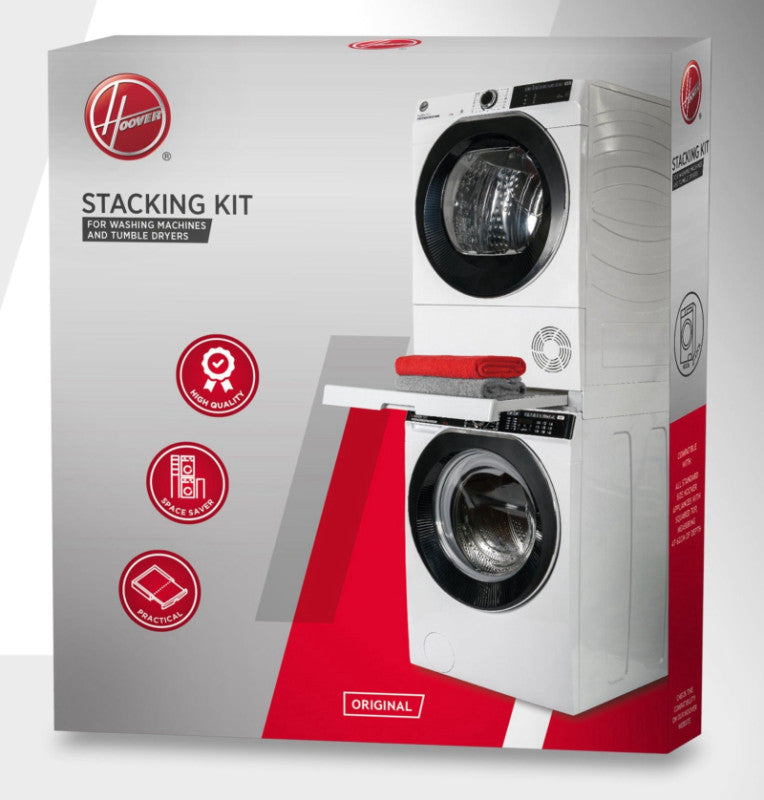
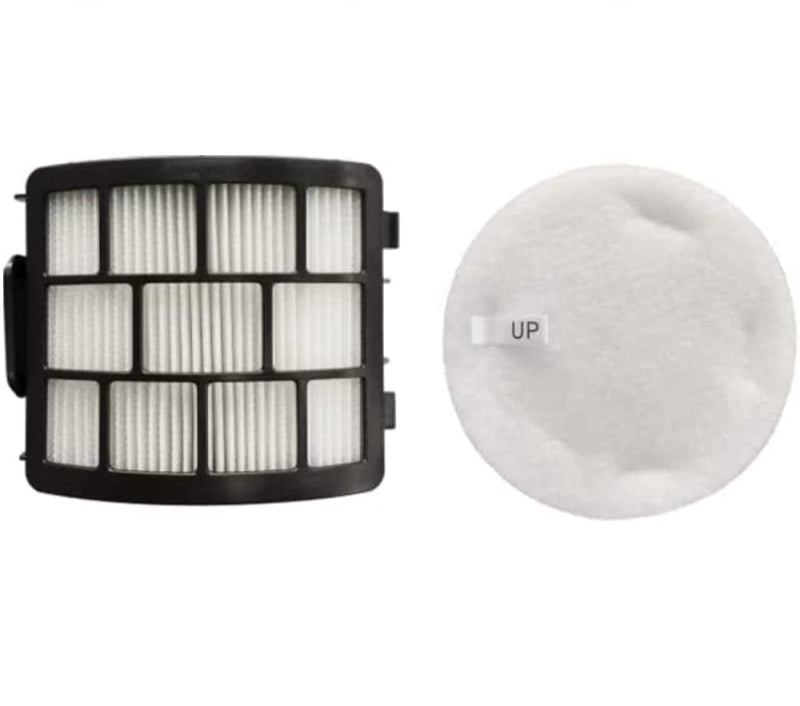
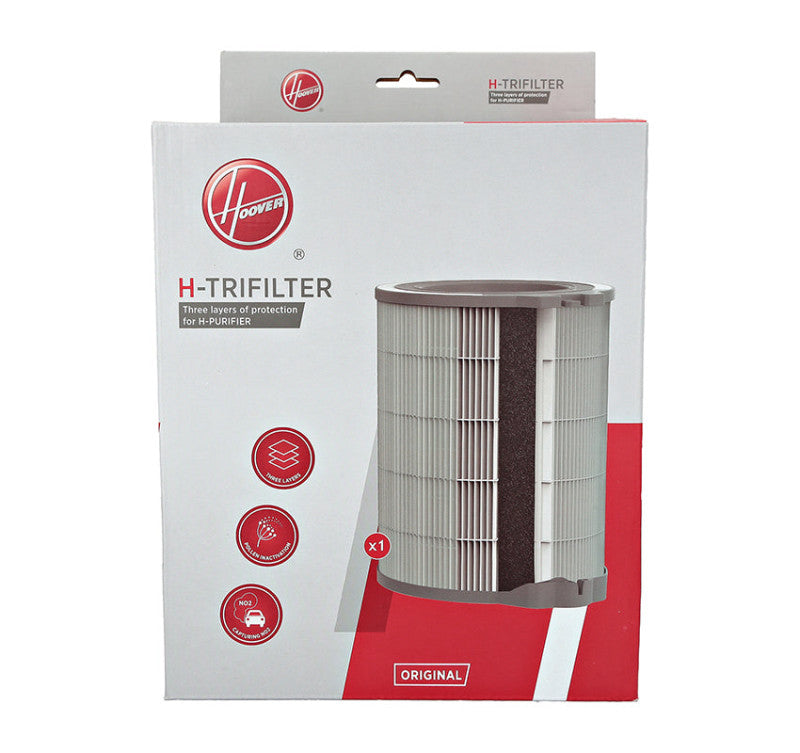


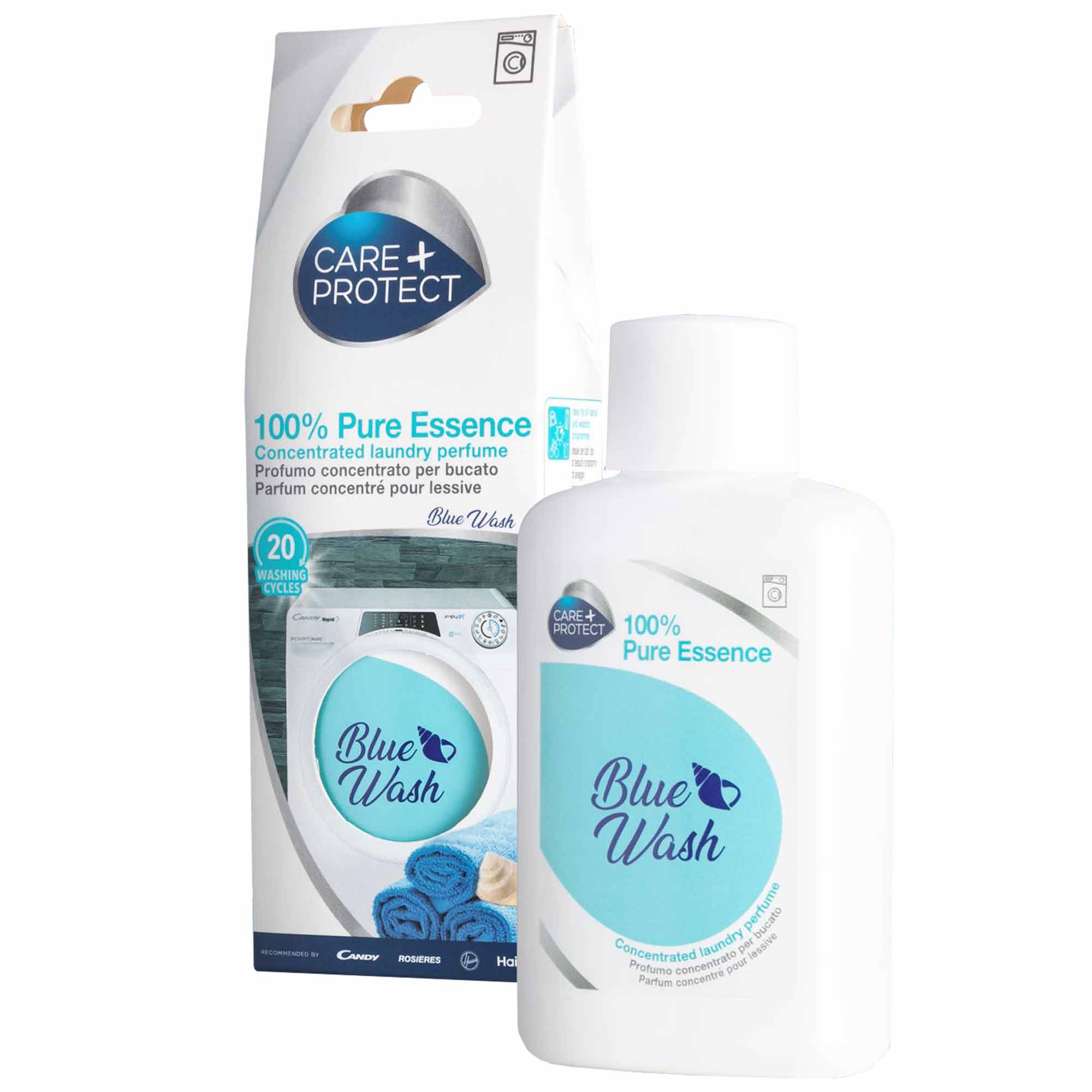
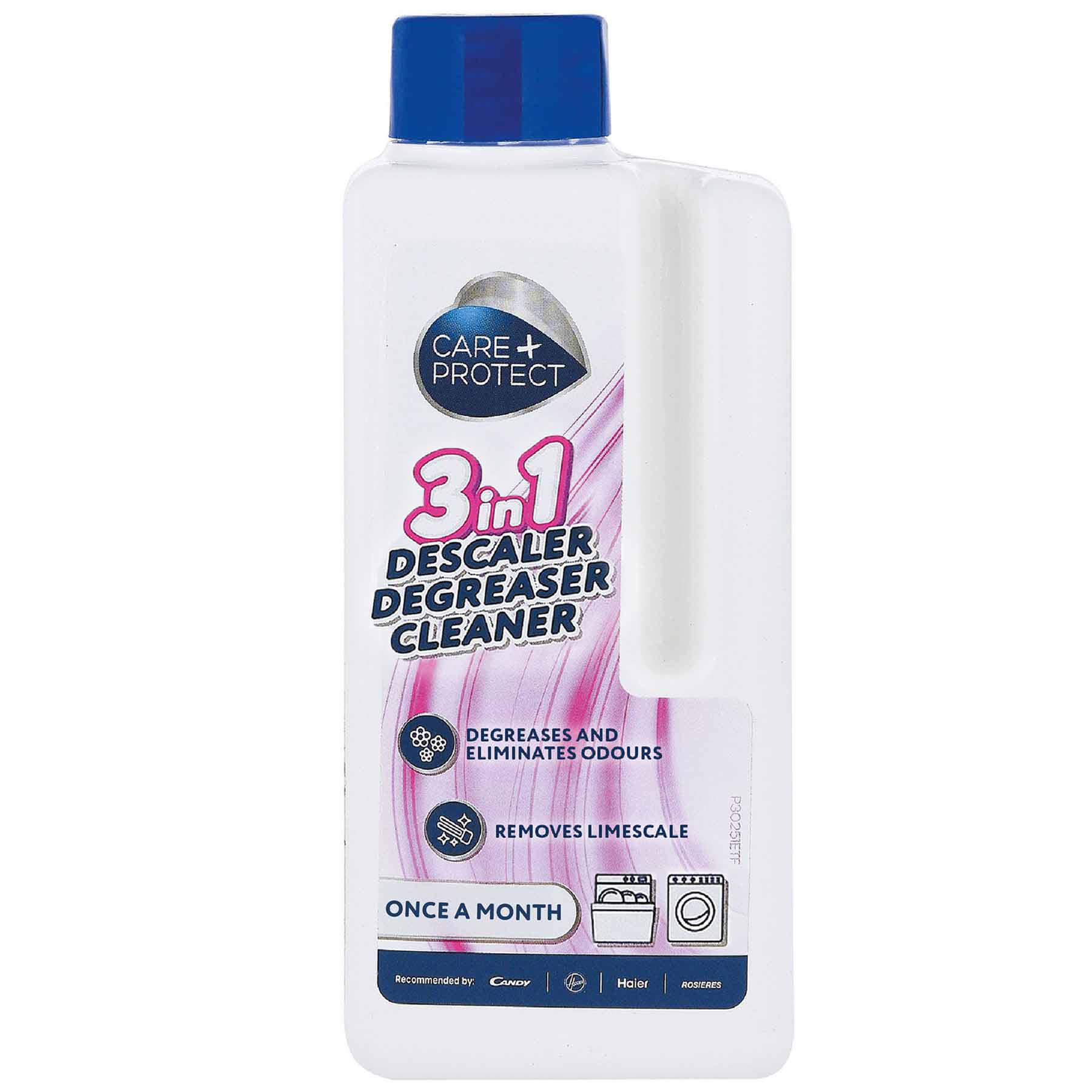

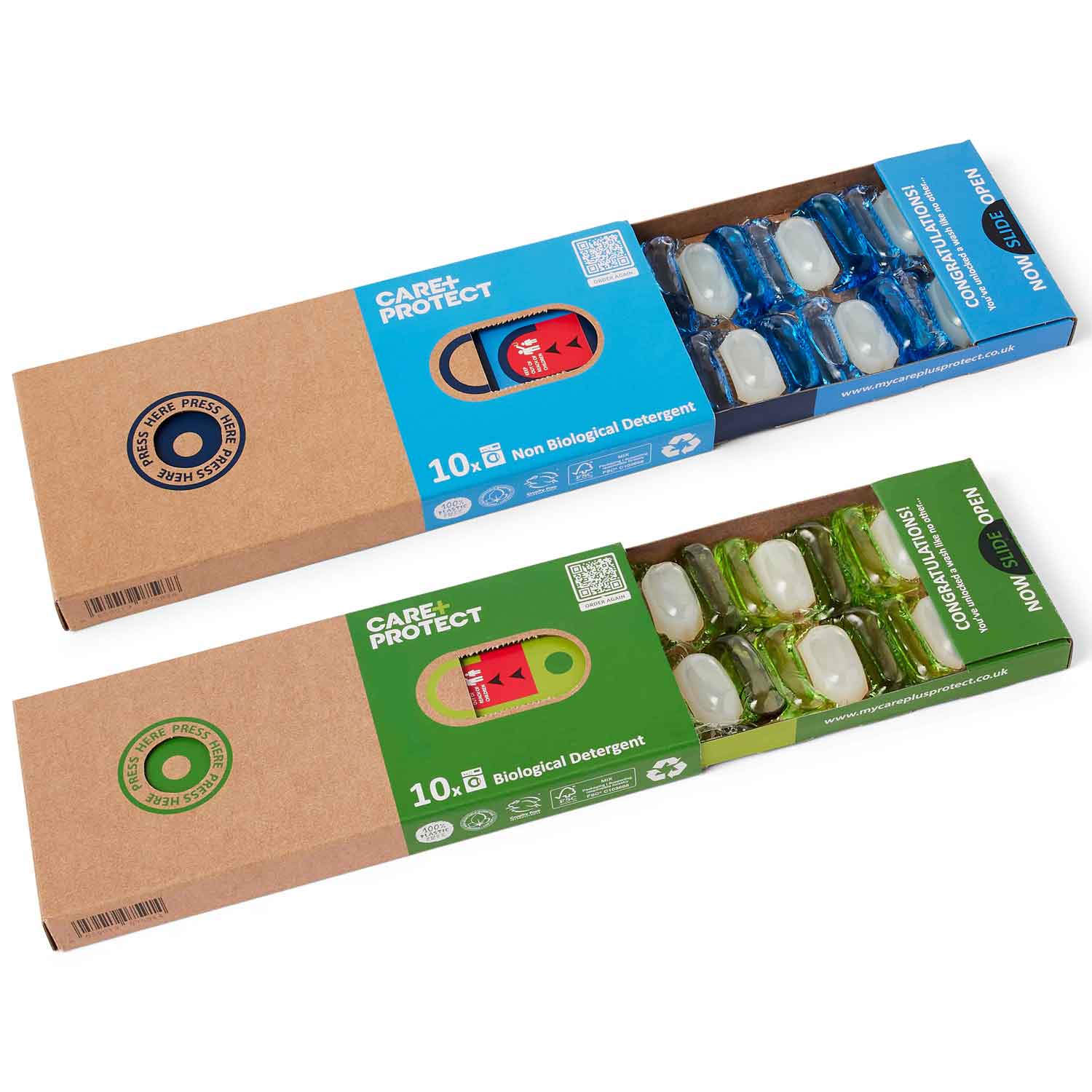
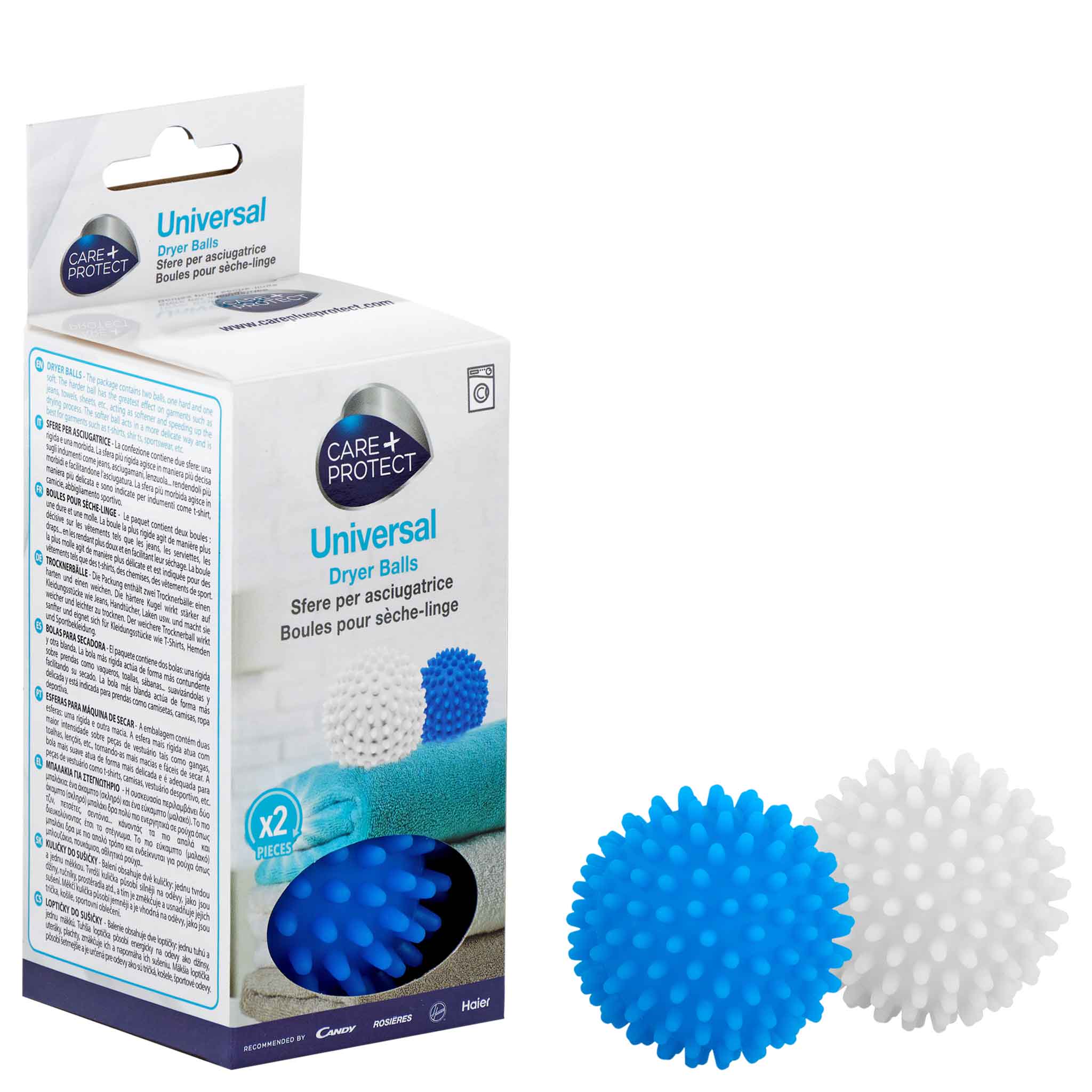
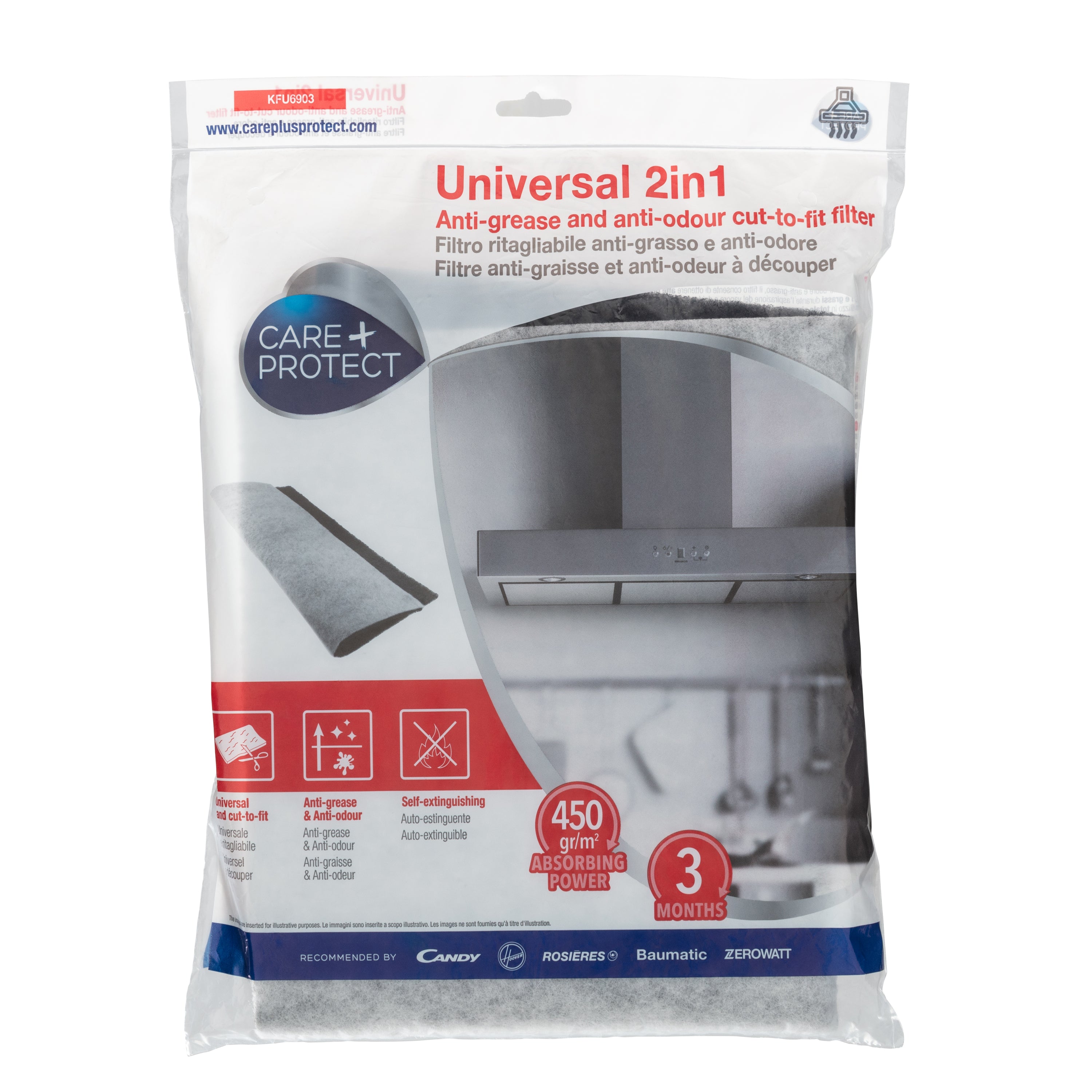
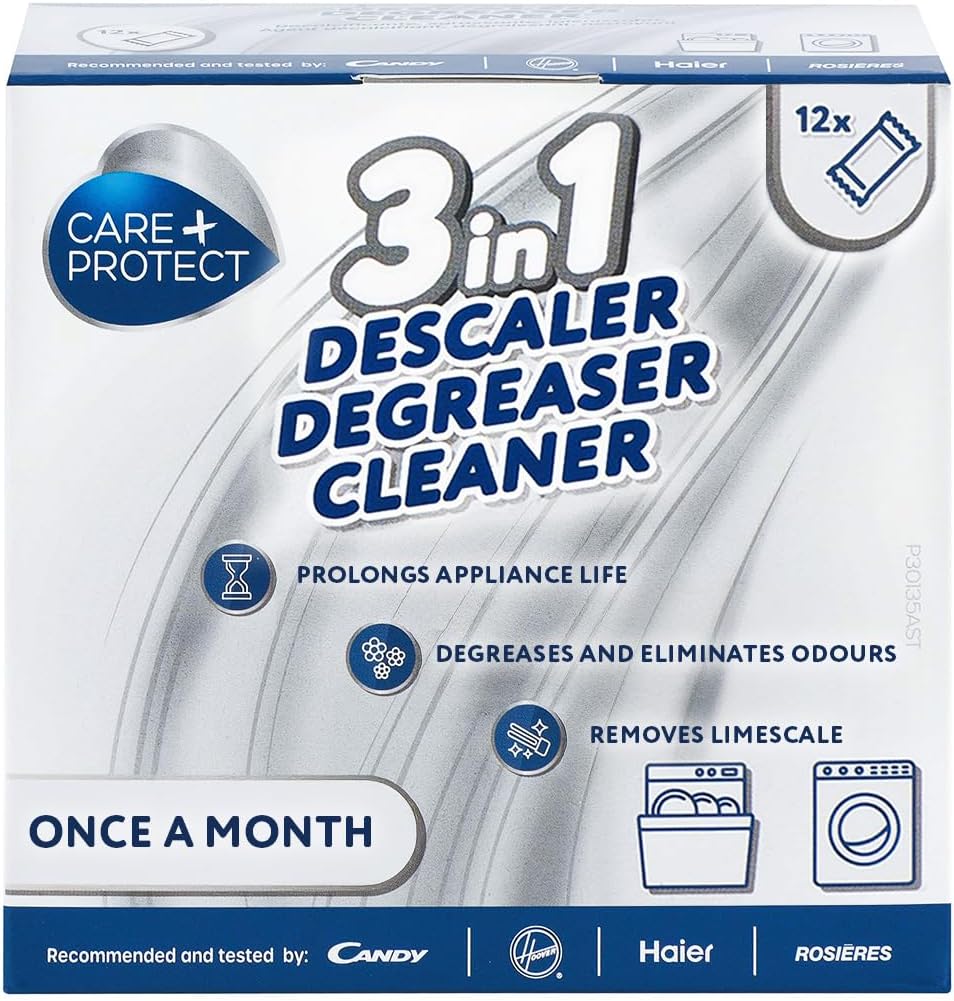
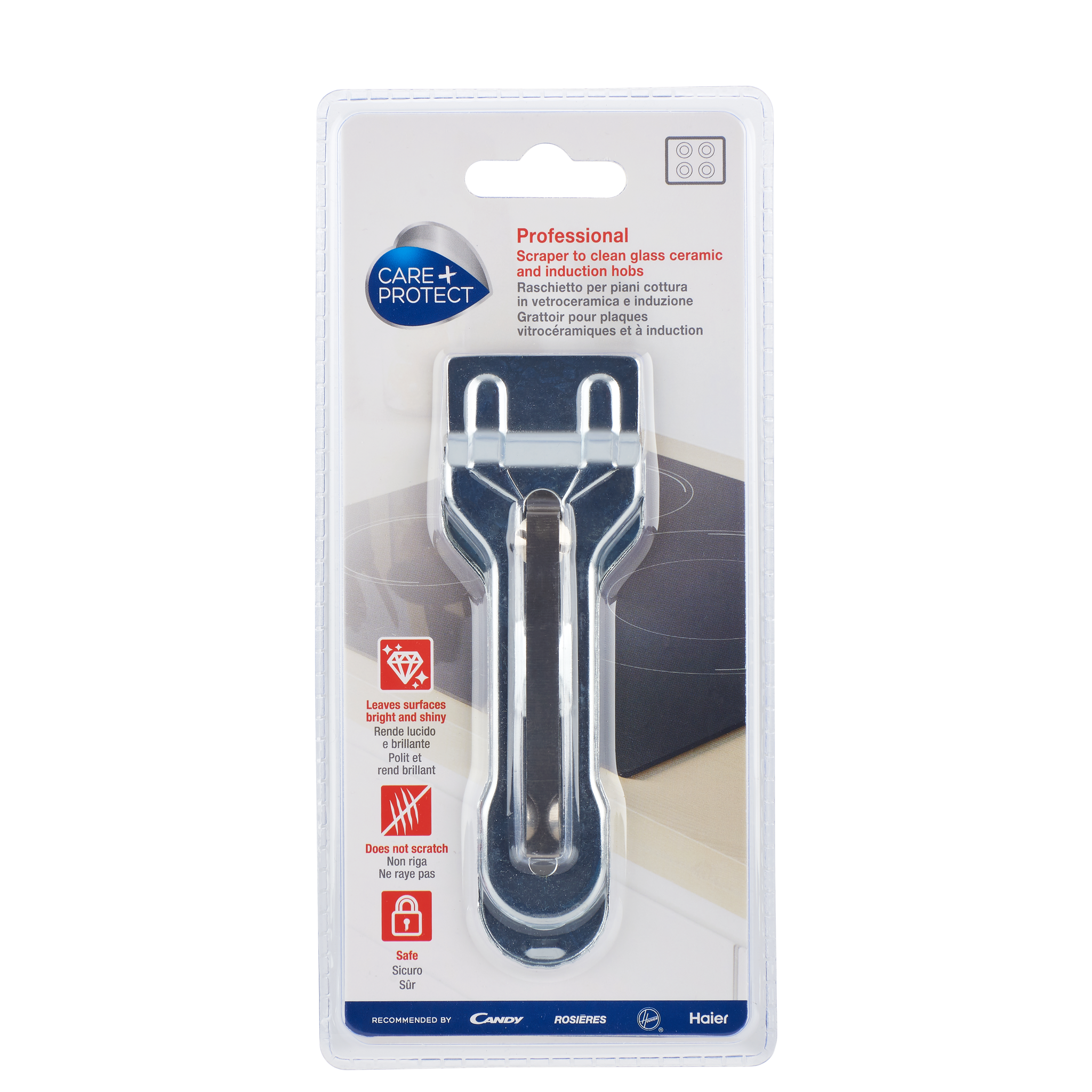
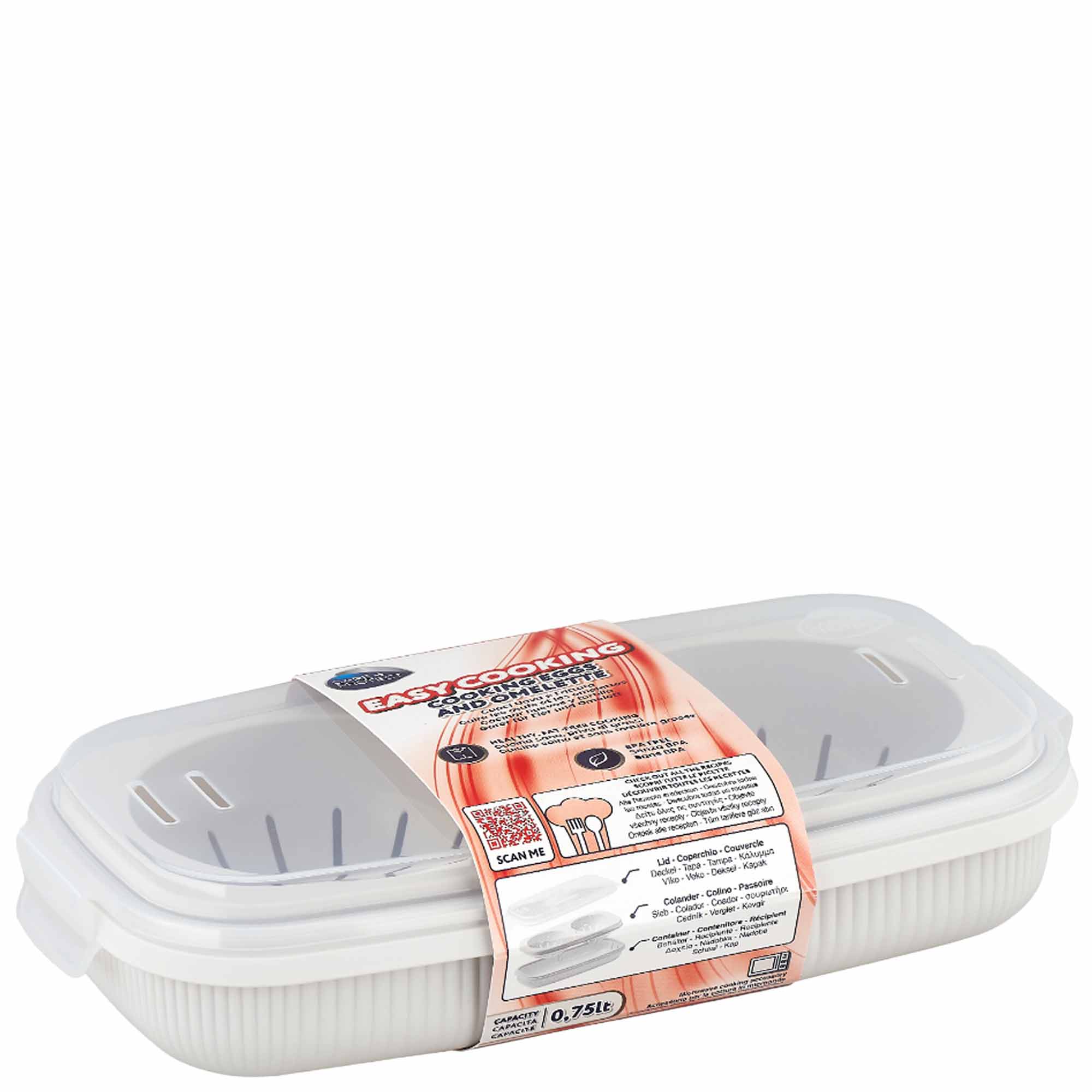

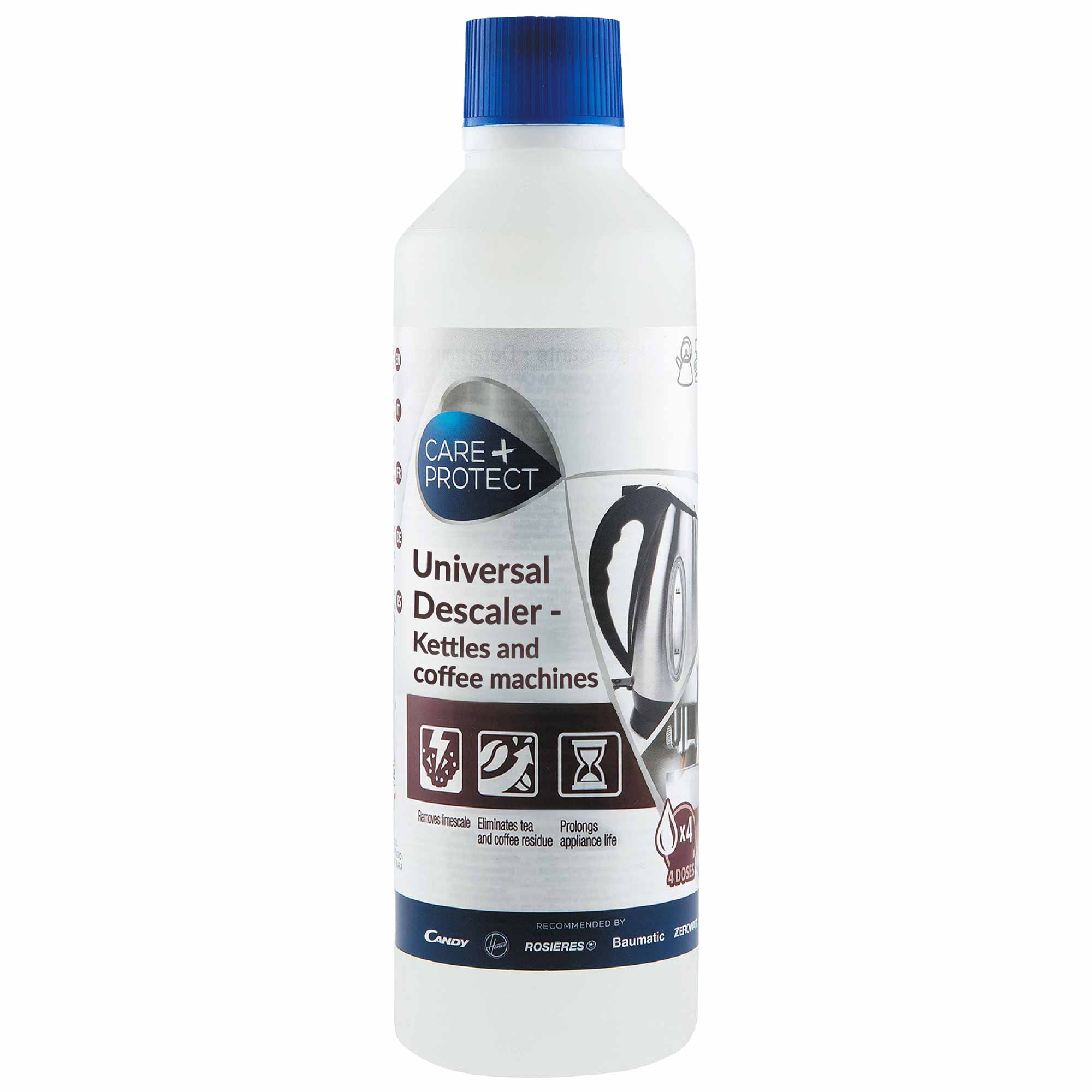
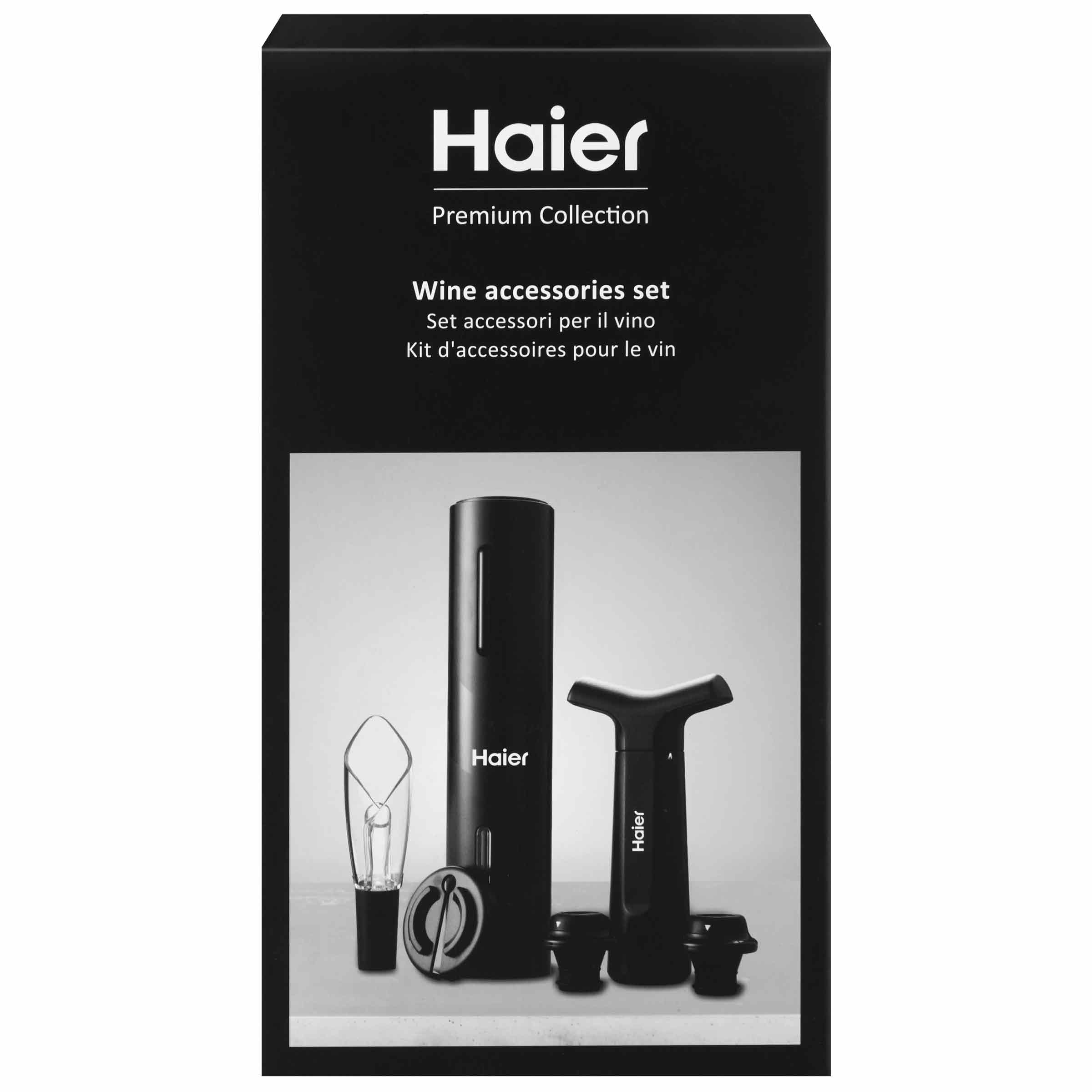
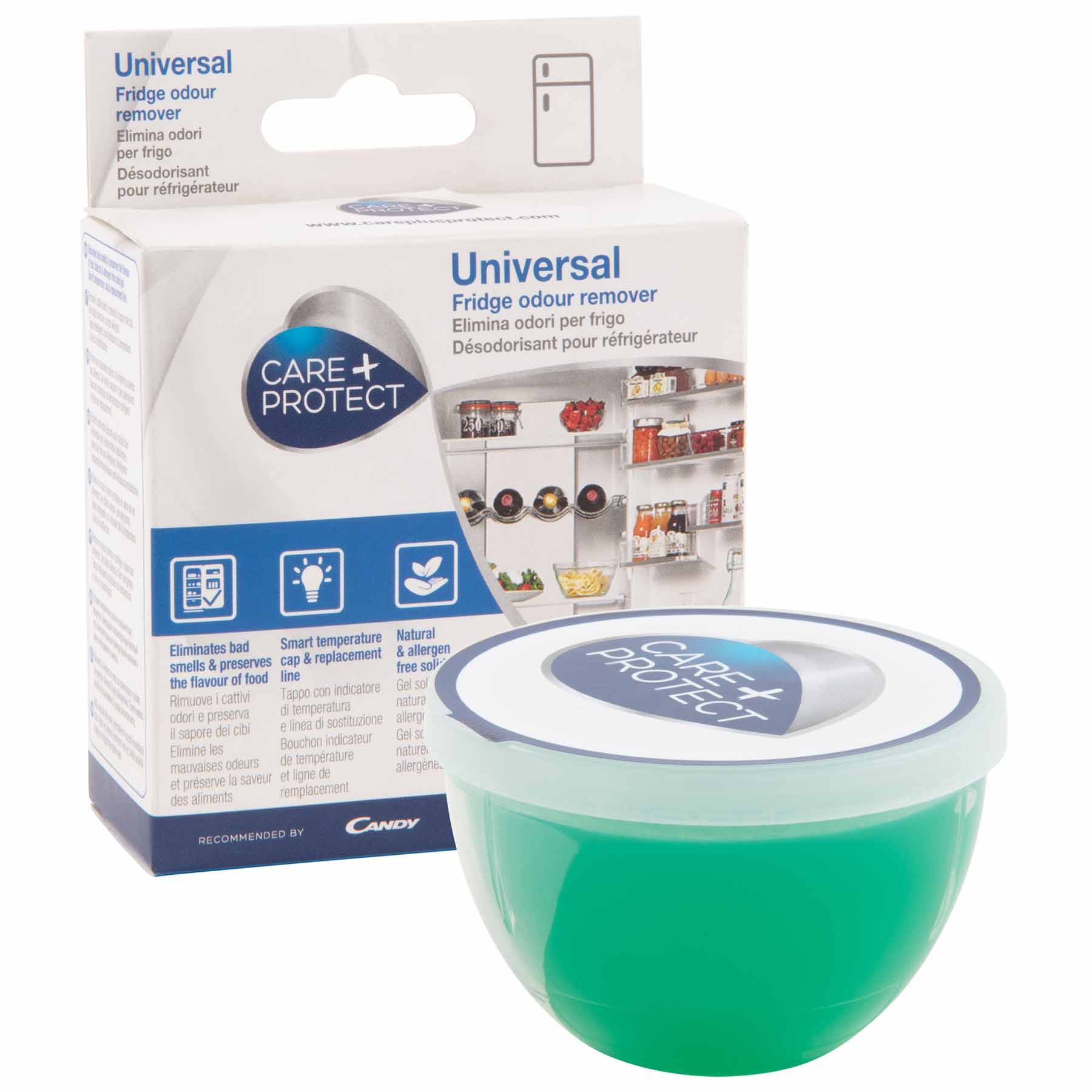
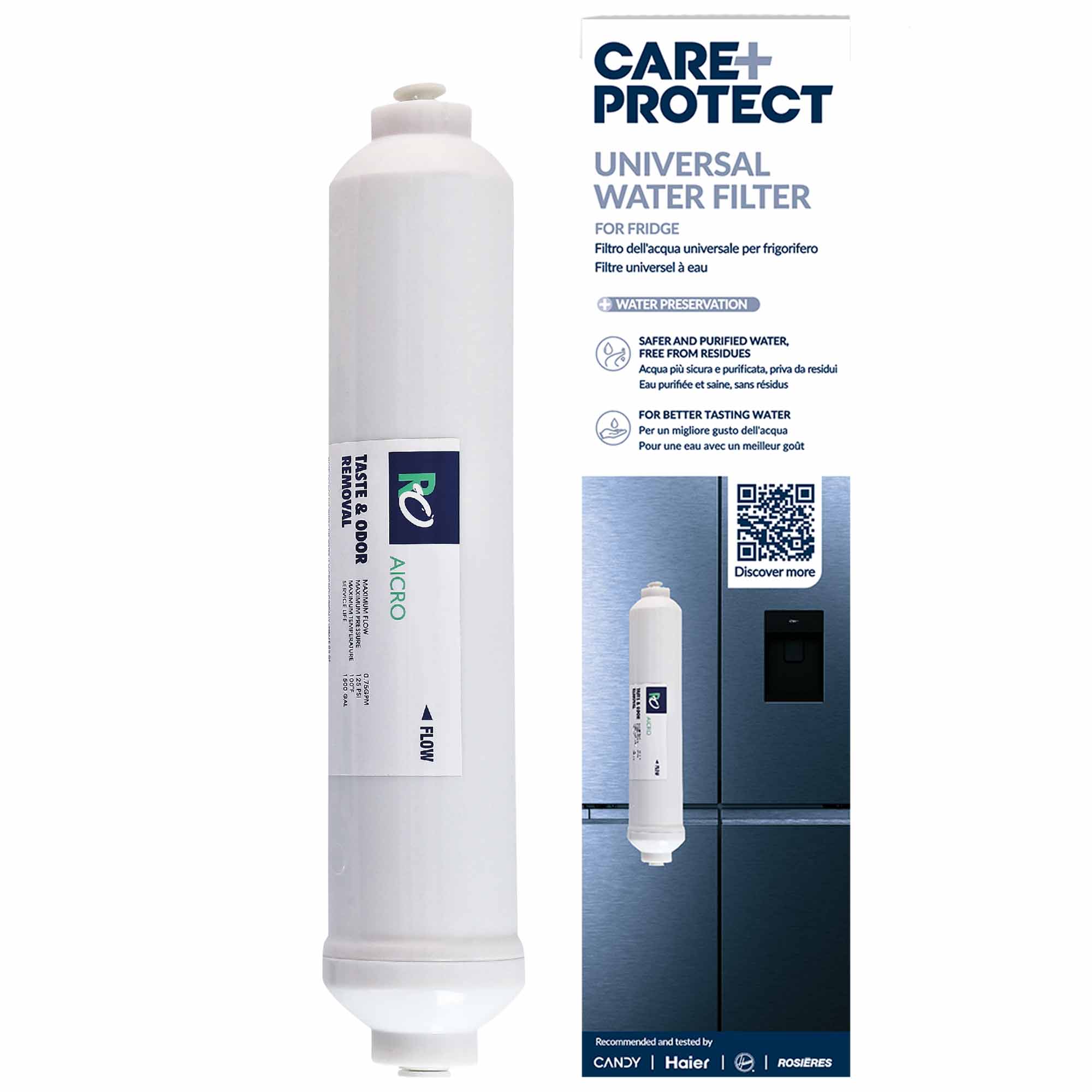

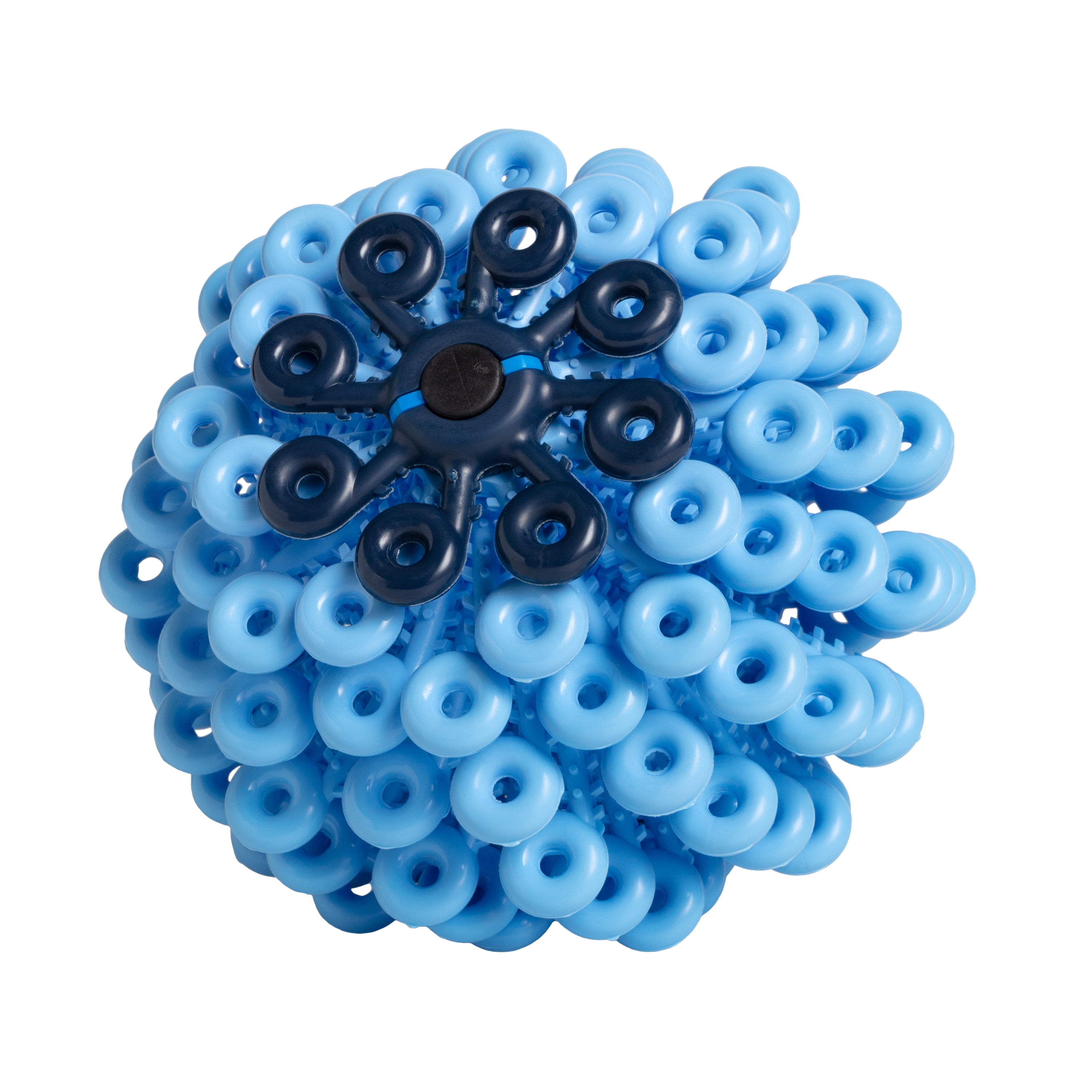
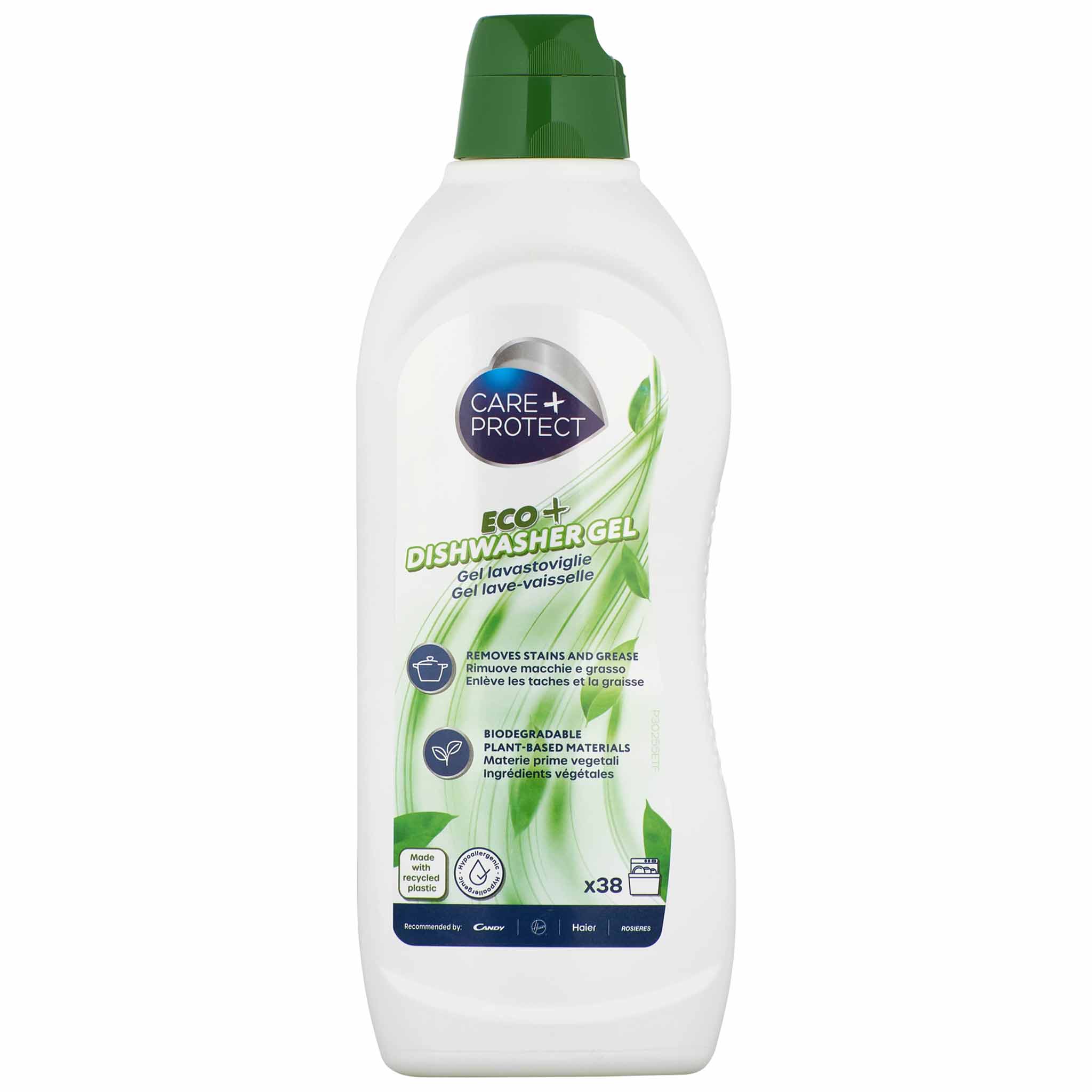
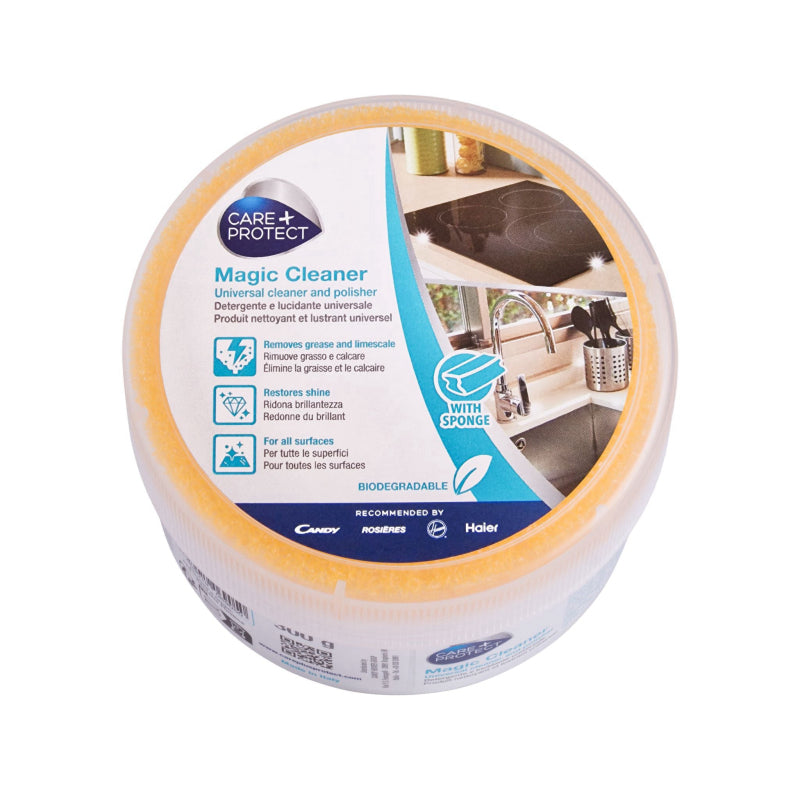
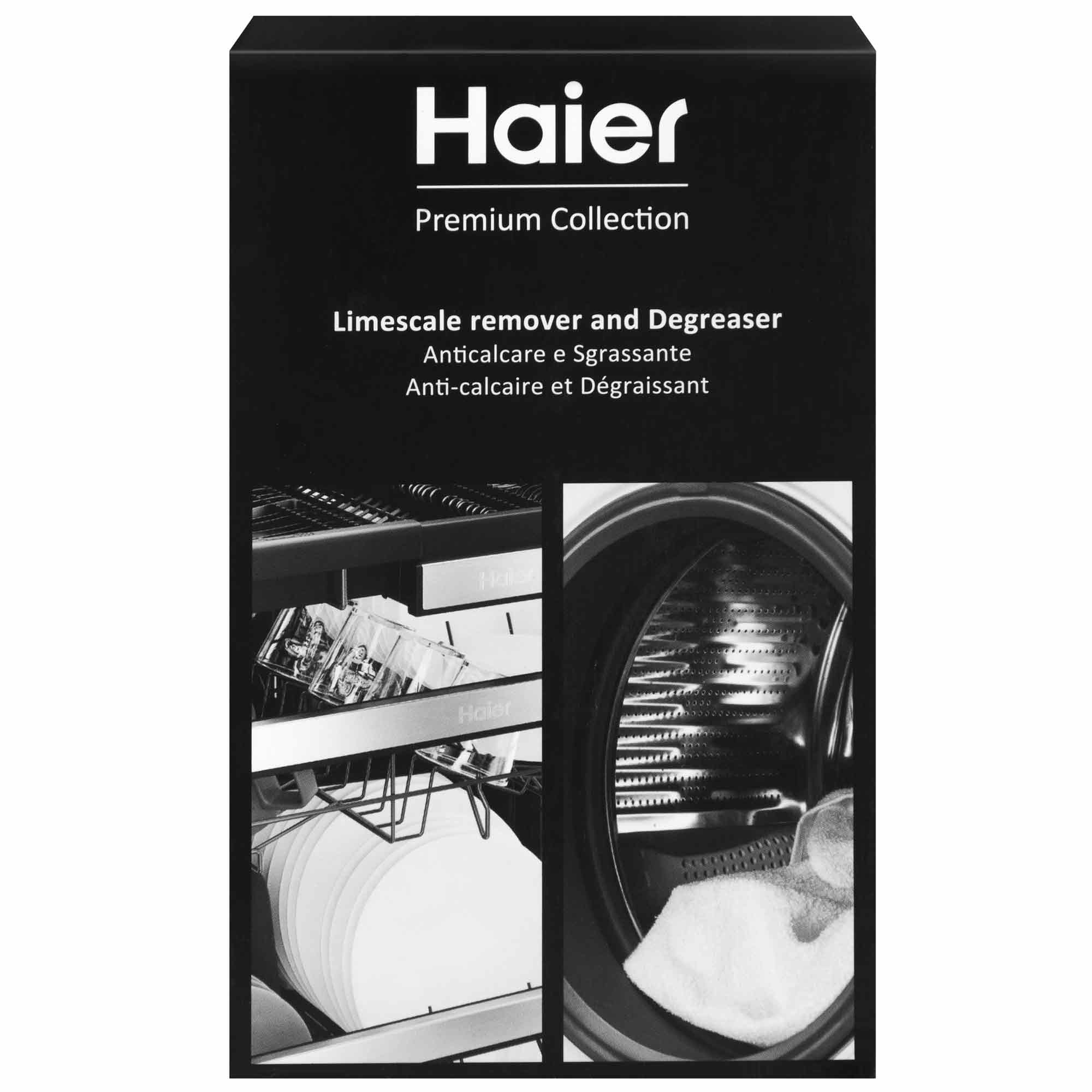
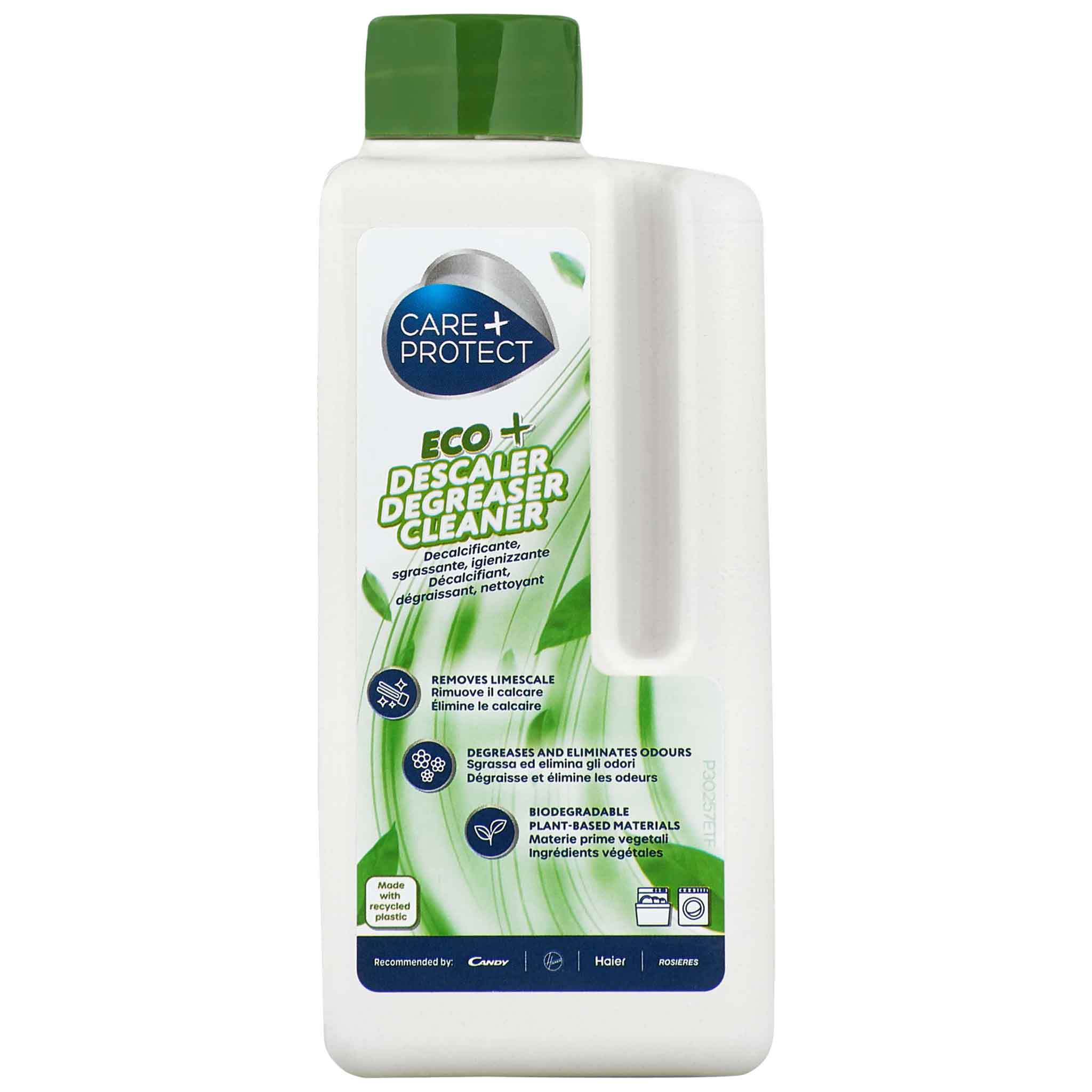


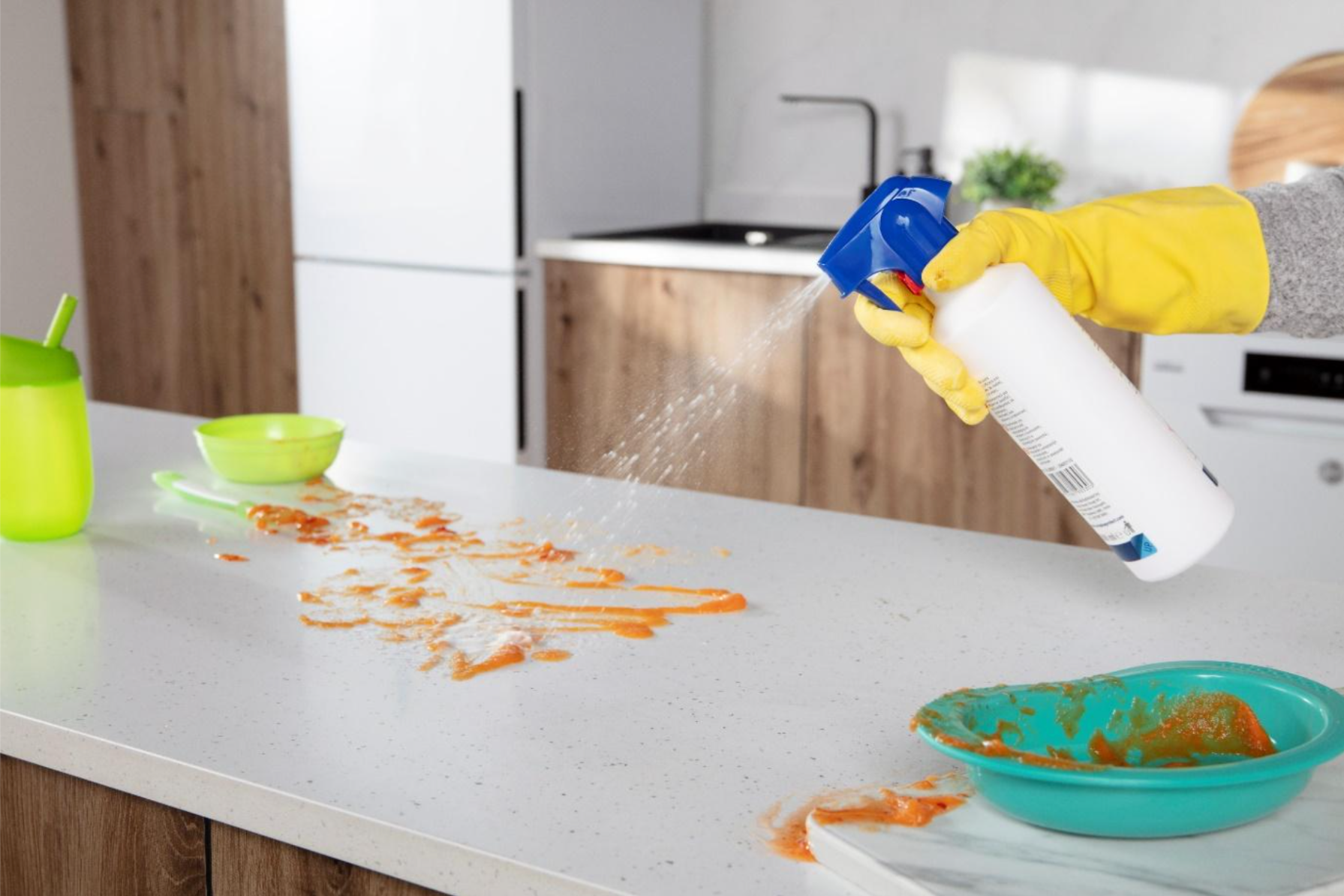
Leave a comment